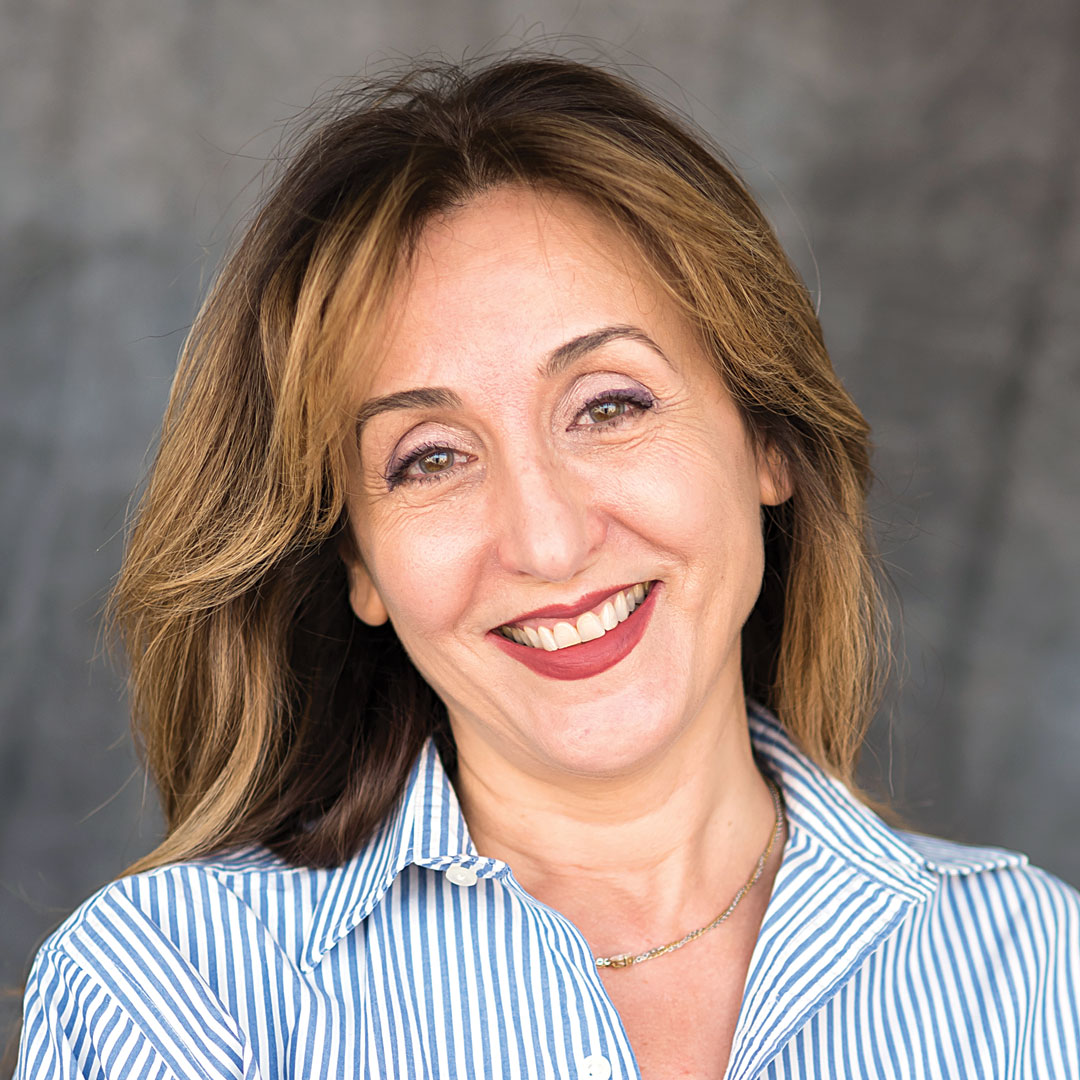Last Thursday night at LACMA, I was treated to a reading of my own works by the very talented and beautiful actress Bahar Soumekh, and by UC Irvine professor
Nasrin Rahimieh. Outside the Bing Theater, rain poured in sheets, and traffic on Wilshire was at a standstill because all the lights had been blown out by the wind and — this being Los Angeles where even the mildest winter storm is dealt with like Armageddon — I was rather astonished that anyone had shown up at all.
This being Los Angeles, I was also glad to see that the audience was not a segregated one: There were nearly equal numbers of Iranians and Americans, of Jews, Muslims and Christians. This should not be unusual in a multiethnic city like Los Angeles, but as my friend Chris Abani says, Los Angeles is, in some ways, a third-world country; we have people of different religions and ethnicities, but they don’t mix — not really — and where different segments do live in close quarters, like in East Los Angeles, civil war breaks out.
Things are more civilized on the Westside, of course, but that doesn’t mean we’re as integrated as one might hope. For a while there, we had, if not a civil war, perhaps a cold war of sorts on the Westside as well, what with all the talk of how the Iranians have taken over Beverly Hills and Brentwood like it was their fatherland they had come back to reclaim; driving up real estate prices and building houses with too many Roman columns in front. I have a feeling the worst of that’s behind us — that the Iranians are going to stop building Persian Palaces in Beverly Hills and the Americans have realized that, 30 years and two generations later, Iranian immigrants and their children have given as much to this country as they have taken. They are loyal, dedicated citizens who want to make this country proud, and most of them — not me, mind you, or my family — are actually hard-core Republicans who voted for G.W. Bush in 2004 and will probably vote for Arizona Sen. John McCain in 2008.
At LACMA, many questions from the audience had to do with the issue of identity: how we, Iranian Jews who have lived in this country for three decades, view ourselves, and how the rest of the world views us. Are we Iranians first? Jews first? Americans first and everything else second? Do we feel integrated enough in the larger community? Do we interact much with our American neighbors and with Iranian Muslims?
I don’t know how I, or any other Iranian of my generation, can decide what we are. I think we’re a lot of everything — Jewish, American, Iranian — and that we’re used to this state of affairs, are rather comfortable with our mixed identities. But I do know that we don’t interact nearly enough with either American Jews or Iranian Muslims, or with pretty much anyone from any other ethnic or religious background, and that this — our isolationism — has as much to do with how we view ourselves, as it has to do with how the world views us.
Perhaps we are this way because of our history of living as a minority in a Muslim country that was not always tolerant of Jews; or because we now live in a city where not every American we run into is thrilled to have us here, and they resist accepting us in 1,000 subtle, and sometimes not-so-subtle ways. Perhaps it’s because we’re afraid of integrating and losing our identity altogether, or because, as I speculated the other night, we just have too many relatives and are too busy befriending and socializing with them to reach out or be open to others. Whatever the cause, it’s true that, as our community has grown in size, it has also remained rather self-contained; that we socialize with and befriend mostly each other; that some of our American neighbors haven’t exactly thrown their doors and their hearts open; and that some Iranian Jews have been too busy socializing with other Iranian Jews to notice.
“So what?” you say. What’s the difference who your friend is or whom you marry as long as everyone’s happy and thriving? And you’re right. The system may be broken in East Los Angeles, but it’s working well enough on the Westside. Still, there’s something delightful and liberating about making an intellectual or an emotional connection with the unfamiliar and the out of the ordinary. Something very enriching happens when people of different backgrounds discover points of common interest; when the odd and the bizarre become unusual and, therefore, fascinating. It would be a loss to all of us if we continue to waste the opportunity to expand our horizons and learn from each other.
Toward the end of the evening at LACMA, a middle-aged American woman came to the microphone and said: “Until tonight, I used to think that only my mother and other Ashkenazi mothers behaved in strange ways with their children. I feel much better now, because I just realized that mothers are strange in the Middle East, as well.”
Gina Nahai is an author and a professor of creative writing at USC. Her latest novel is “Caspian Rain” (MacAdam Cage, 2007). Her column appears monthly in The Jewish Journal.






















 More news and opinions than at a Shabbat dinner, right in your inbox.
More news and opinions than at a Shabbat dinner, right in your inbox.